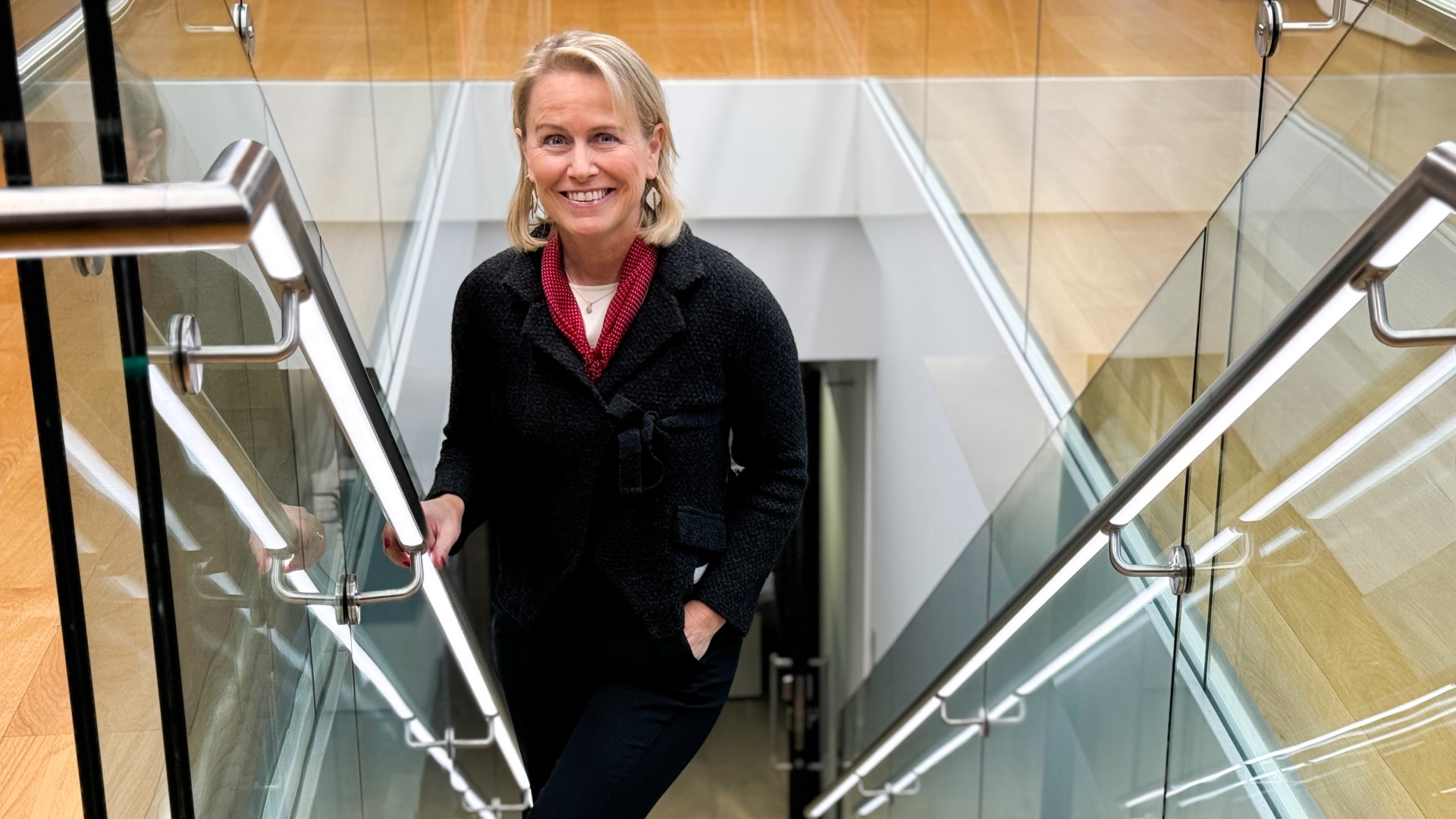In 2024, we approved EUR 70 million to new projects
 NDF/Eva Strømsted Tuohimaa
NDF/Eva Strømsted Tuohimaa
As 2024 draws to a close, Malena Rosman, NDF’s Director of Portfolio, Origination & Management, reflects on a year of progress.
As we close the chapter of 2024, NDF’s project portfolio now includes 41 active projects, of which the NDF Board has approved seven new impactable investment opportunities.
“This year, we reached a total volume of EUR 70 million in approved projects, which is 80% higher than the year before,” says Malena Rosman, NDF’s Director of Portfolio Origination & Management.
Our project portfolio is in continuous development
The approved projects, which are in various stages of implementation, represent the private and public sectors, focusing on adaptation and mitigation activities within the nexus of climate change and development in lower-income countries. The financial support from NDF is pending a successful finalisation of relevant financing agreements.
“A couple of the newly approved projects were directly connected to renewable energy in rural and fragile areas, and there is a strong focus on Sub-Saharan Africa. Other than that, they are very diverse in terms of sectors, geographies and partners. I think it shows the balance we have in our portfolio. No feature is common to all of them except our standard for good-quality projects to deliver positive climate impact,” Rosman remarks.
Simultaneously, three projects reached a complete closure this year, for instance the support for the preparation and implementation of the new linear park between La Paz-El and El Alto and the Pilot Adaptation Plan of Action for High Inter-Valley Communities in Bolivia.
“I think balancing our current portfolio and at the same time delivering so many new impactful projects have been a success this year.”
From circular economy solutions to investing in climate insurances
There are a number of activities that have showcased successful mitigation and adaptation activities in 2024 – which spurted innovation and catalysed further change towards a climate resilient, low-emission future on the ground.
For instance, the AfriCircular Innovators programme, part of Africa Circular Economy Facility (ACEF) project, named 30 small and medium enterprises (MSMEs) to receive assistance to scale up circular economy solutions.
In June, NDF and the Inter-American Development Bank (IDB) signed an agreement which replenished the NDC Pipeline Accelerator with EUR 10 million.
Another highlight is NDF’s contribution of USD 14.5 million to the InsuResilience Investment Fund Private Equity II (IIF II) which aims to protect people and entrepreneurs in vulnerable regions from the impacts of climate change by providing access to climate insurances.
"These are only a few highlights mentioned. None of them would have been possible without tight and unified collaboration between NDF’s team members and our partners' involvement,” Rosman emphasises.
Focusing on partnerships is key to our work
Rosman’s vision is to remain a trusted partner in climate finance who can innovate, mobilise other actors, and promote Nordic values, such as gender equality, inclusion, and high environmental and social standards.
“We are already doing this, but there is always room for improvement,” she says.
The Strategy 2025 established a clearer direction for NDF’s engagement with the private sector. To remain a thought leader in its field, NDF has started and is currently revising its portfolio to prepare for the next strategy period, starting in 2026.
Currently, NDF’s blended finance portfolio includes 11 funds, comprising 128 underlying portfolio companies in areas such as renewable energy, climate risk insurance, green infrastructure, blue economy, climate technologies, water management, agricultural value chains, and promoting gender equality in Sub-Saharan Africa and Least Developed Countries.
“Besides managing our portfolio, it has been an immersive development of policies, processes, and guidelines during the past years. This year, we have focused on implementation and how these developments strengthen our operations.”
Setting goals for next year
Next year, NDF will keep focus on delivering high-quality projects, especially in adaptation, taking financial risks where others do not.
The adaptation finance gap is significant, estimated at USD 194-366 billion per year. Nevertheless, adaptation has been overshadowed by mitigation in climate finance discussions so far, despite previous commitments to balance funding for both mitigation and adaptation.
Rosman says the organisation will also seek to strengthen our focus on gender equality even further.
“I would like us to be even more proactive next year. We will aim at reaching out to partners that share our values. Who also know areas where we want to do more: biodiversity, nature-based solutions, forestry and blue economy.”
As a final note, Rosman adds:
“The urgency in tackling climate change is obvious, but the political sphere has difficulty solving these issues. We must mobilise all actors, public and private, academia, and civil society, to scale up and find solutions. We at NDF are in a very good position to contribute to solving this huge challenge and spread some hope for a greener future.”
